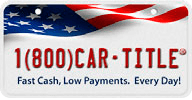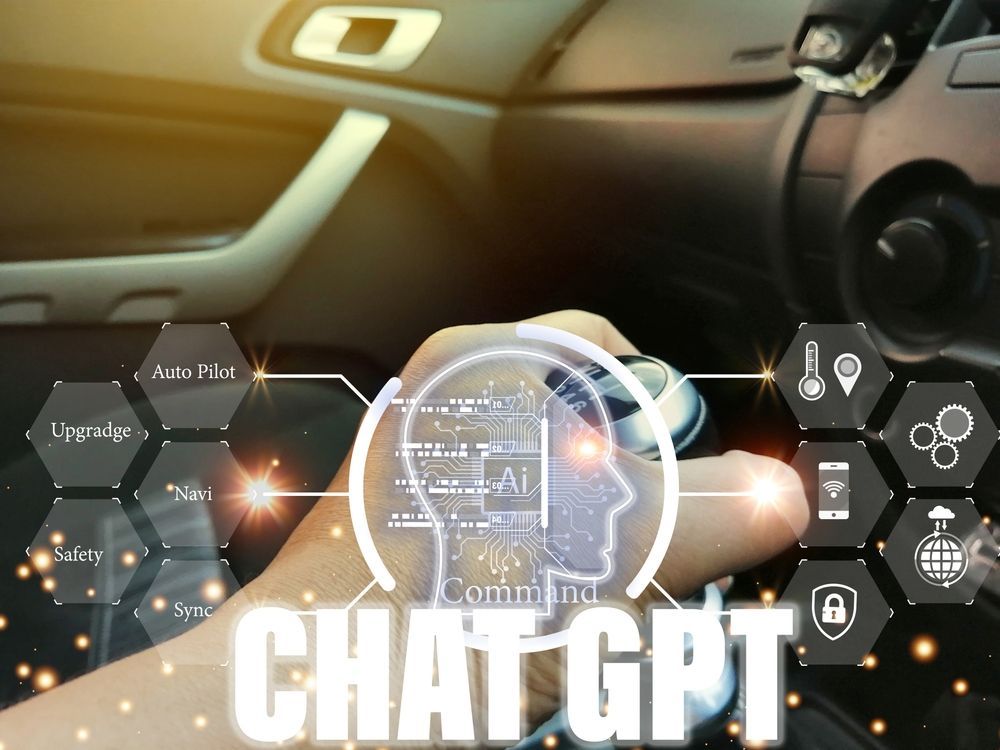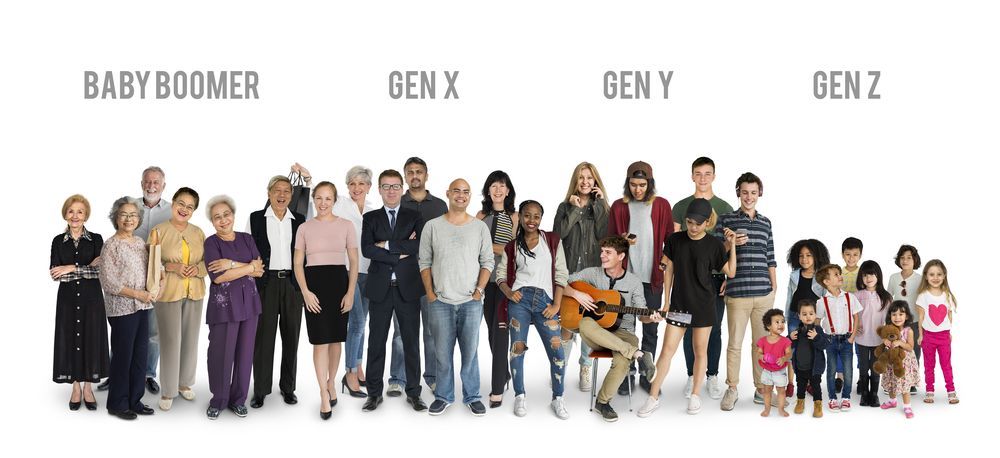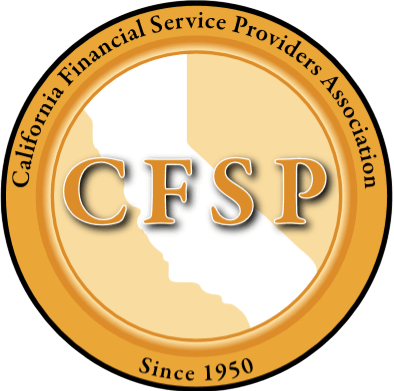What is Free File and Who Can Use this Free Service?
By Marcela De Vivo • April 26, 2023
Tax season is a few weeks away. Those who haven’t yet filed their 2022 returns are likely getting their forms together to handle this yearly obligation. According to Ramsey Solutions, the cost to file a tax return is, on average, $220, but this price is associated with basic returns. More complicated returns that include itemized deductions could soar higher.
Many Americans are paying too much to file their returns, and many could file their return for free through a program called Free File. What is Free File and who can use the service? Here’s what to know about Free File and how the program allows some filers to file their taxes for free.
What is Free File?
The Free File Alliance is comprised of a group of tax software companies (in partnership with the Internal Revenue Service) that provide free filing services for eligible filers. The Alliance reports that more than 100 million individuals use the service.
Tax filers should know that the program offers access to free tax filing software that can be used to complete their return and file their taxes. Free File is affiliated with software companies, not individual tax preparers like certified public accountants. Tax filers who use the service of a CPA won’t be provided with free services from their preferred tax professional/preparer via the Free File program.
Who Can Use Free File?
The IRS offers a page dedicated to Free File. This page lets filers explore all the software options via Free File. Each software might have different eligibility requirements related to the state where the individual files and the age of the filer, too.
All offers via Free File have eligibility requirements tied to Adjusted Gross Income (AGI). Filers must meet this income requirement to use the software free of charge. Each software program that is affiliated with Free File could have its own AGI requirement or threshold. Filers with an AGI of less than $73,000 could use Free File, although some software programs could have lower AGI thresholds.
Does Free File Let Tax Payers File State Taxes for Free?
Free File software programs allow tax filers to file their federal returns for free; again, though, filers must meet eligibility requirements. Filers might wonder if they can file state tax returns for free too.
While some software programs affiliated with Free File offer free state returns, not all of them offer free state return filings. Individuals who are researching their options via Free File will be able to easily understand if state filings are free via each software participant. The IRS page dedicated to Free File includes a note under each software program about state returns (and whether or not filing them is free). Consumers should review this information.
Do Free File Alliance Software Programs Provide E-File Services?
One of the purposes of the Free File program was to increase e-filing. The software programs that offer free filing through the program offer e-filing for tax returns. This provides a convenient and inexpensive solution to ensure tax filers can easily file their returns without dealing with mounds of paper and postage costs.
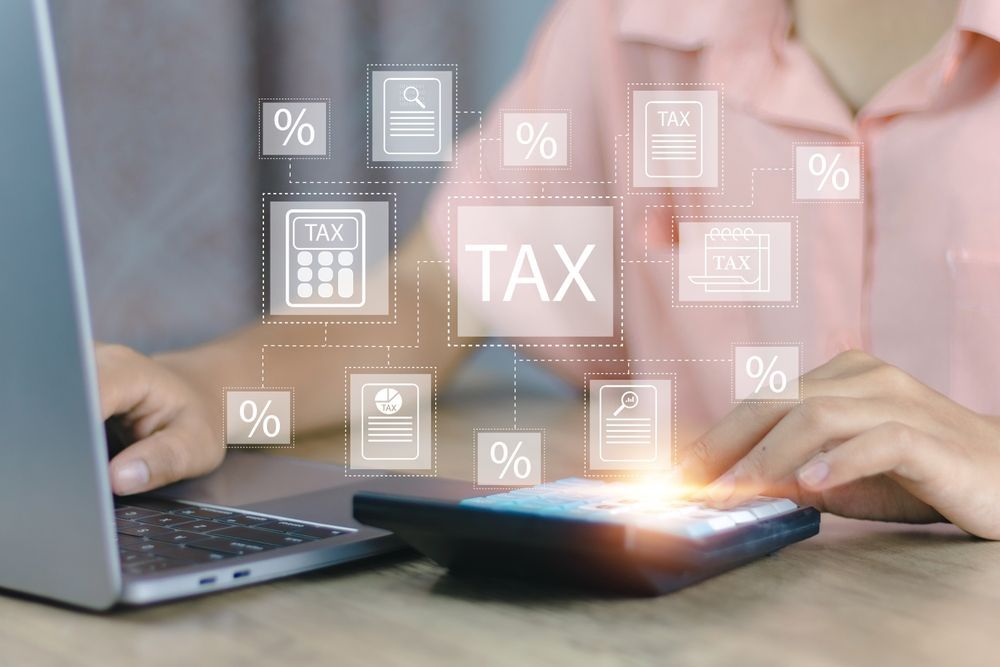
Are Tax Preparation Software Programs Difficult to Navigate?
Many consumers might rely on tax preparers to handle their returns. They might not know how to file their taxes. While Free File participating software programs provide free filing for eligible filers, are they easy to use?
Tax software programs help filers understand the steps to file their return. These programs are designed to walk filers through the process. Many filers have basic tax returns that don’t include any itemized deductions.
Filers might wonder if they can claim the Earned Income Tax Credit (EITC). On the Free File Alliance site, a Q&A explains the details related to the EITC and how filers can determine if they qualify.
What is Adjusted Gross Income?
The Free File service/program is tied to a filer’s adjusted gross income (AGI); to be eligible for Free File, filers cannot exceed specific AGI thresholds. What is AGI and how do filers determine their AGI?
The AGI is gross income minus some adjustments that can include “…Educator expenses, Student loan interest, Alimony payments or contributions to a retirement account.”
Do Filers Have to Use the Free File Service?
Many tax filers will be eligible to use the Free File program, but do they have to use it? No one is forced to use the free program; it’s offered to help filers save money on filing their returns. Since even basic tax return preparation can cost more than $200, this program can help reduce the financial burden associated with annual tax filing/preparation.
However, no one is forced to use the program. Some individuals might feel more comfortable using a professional tax preparer. In addition, some filers have difficult returns that could involve additional credits or deductions. Free File might not be the ideal option for every filer, even if the filer meets the eligibility requirements.
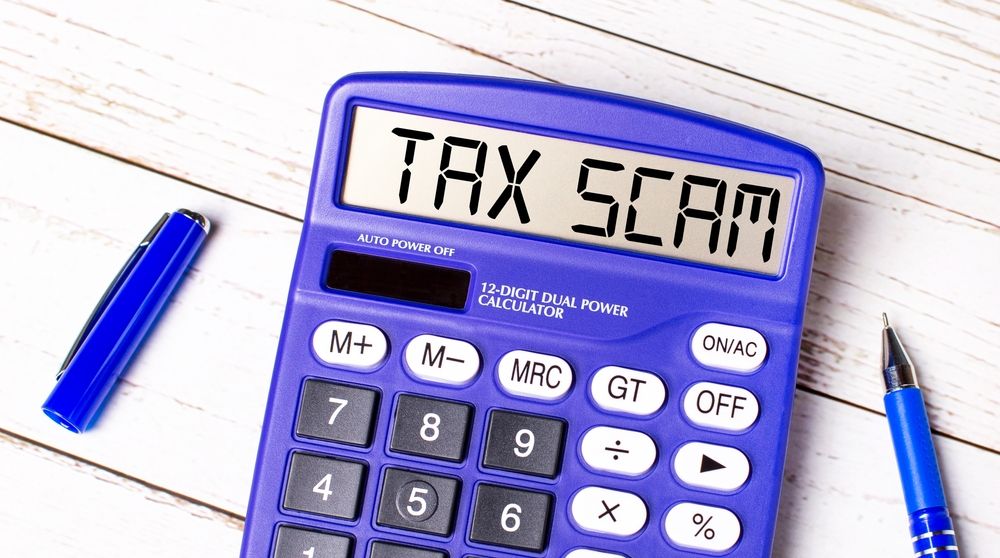
Tax Season Also Means Tax Season Scams
Not every filer will choose to use Free File, but those who need to save money might consider taking advantage of the free service if they are eligible. Tax season requires all filers to be diligent about who they choose to prepare their taxes, though. Free File is only associated with reputable software companies; unfortunately, tax season brings out the tax scammers. Here are common tax scams to be aware of during tax season:
- The ‘Your Under Arrest’ Phone Call Scam
- Identity Theft (or the Rejected Return)
- Preparers Who Promise a Big Refund
- Ghost Preparers
- Social Security Number Cancellation Phone Calls
The IRS Won’t Call and Threaten to Arrest Tax Filers
One of the most common scams during tax season involves a telephone scam. Individuals will receive a voicemail message—typically robotic—that demands payment of tax debt and threatens that the police will arrive to arrest the individual if they don’t pay up. This isn’t the IRS.
If the individual has a debt related to taxes the IRS will communicate via mail and reach out in other ways. The IRS will NOT ask for the filer to make payments via wire transfer or a gift card. In addition, the IRS notes that it allows taxpayers to appeal amounts owed and ask questions related to tax debt. Those who receive this call should not waste time worrying about the robotic voice.
Identity Theft and the Rejected Return
An individual might file their return only to have the IRS reject it as a duplicate. This is indicative of identity theft. Someone could have filed a return on behalf of the individual. If a filer is a victim, they will need to file a specific form with the IRS. More details can be found on the IRS page related to tax scams.
Big Refunds are NOT Guaranteed
Refunds are the result of an overpayment of taxes. This overpayment could be due to the individual withholding too much from the paycheck, but some credits also could help bump up a refund. However, a large refund is NOT a guarantee. Any tax preparer who promises a filer that they will receive a large refund or who advertises large refunds should be avoided. An honest tax preparer will be diligent in ensuring the return is completed accurately; these preparers also will sign the return attesting the return’s accuracy and legitimacy.
Beware of Ghost Preparers
Tax preparers who promise large refunds might operate as ‘ghost preparers.’ This means that they will not sign the return. The IRS explains that any preparer who fails to sign the return “…is a red flag that the paid preparer may be looking to make a quick profit by promising a big refund or charging fees based on the size of the refund.”
Say no to any preparer who makes promises related to refunds or claims bogus credits. Any preparer who fails to sign the return should be avoided!
The Social Security Number Has Been Cancelled
An individual’s social security number is their own unique personal identification number that’s tied to their credit, their finances and is used for tax preparation, too. This number needs to be safeguarded to prevent identity theft.
Unfortunately, a common tax season scheme involves yet another phone call that informs an individual that their social security number is being canceled. This is just a fear tactic used to exploit an individual’s vulnerability; don’t return these calls.
As Tax Day draws near, the deadline to file returns puts pressure on many who still need to send those returns. A tax professional could charge hundreds of dollars to prepare a tax return, but many Americans can file for free via Free File software programs.
Research the available programs and review the eligibility requirements to find the best software to file the annual return; for filers who want to save money on their yearly returns, Free File can provide a safe and easy filing option that reduces the financial burden of this annual responsibility.
HOW MUCH IS MY CAR WORTH?
